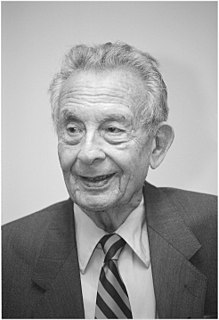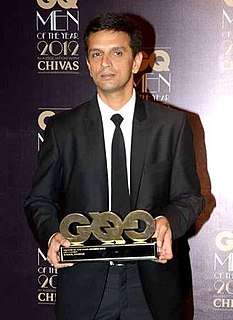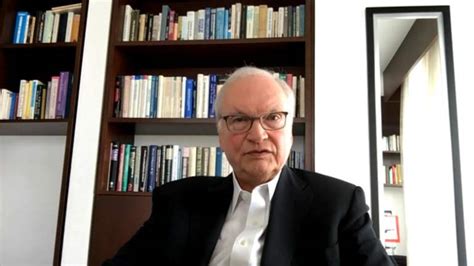A Quote by Alfie Kohn
Non-cooperative approaches, by contrast, almost always involve duplication of effort, since someone working independently must spend time and skills on problems that already have been encountered and overcome by someone else. A technical hitch, for example, is more likely to be solved quickly and imaginatively if scientists (including scientists from different countries) pool their talents rather than compete against one another.
Quote Topics
Against
Almost
Always
Another
Approaches
Been
Compete
Contrast
Cooperative
Countries
Different
Different Countries
Duplication
Effort
Else
Encountered
Example
For Example
Including
Independently
Involve
Likely
More
Must
Overcome
Pool
Problems
Quickly
Rather
Scientists
Since
Skills
Solved
Someone
Spend
Spend Time
Talents
Technical
Than
Time
Working
Related Quotes
My fear is that that's what's going to happen with robotics and the military. Importantly, this discussion has to involve not just the scientists, but also the political scientists. It's got to be a multidisciplinary discussion. You can't have it be another repeat of what happened with the people working on the atomic bomb.
The government employs scientists of many varieties in technical capacities, from estimating the environmental toxicity of a chemical to the structural soundness of a bridge. But when it comes to forming policies, these scientists and, especially, behavioral scientists are rarely at the table with the lawyers and the economists.
As I’ve said, I’ve never believed in God, which technically makes me an atheist (since the prefix “a” means “not” or “without”). But I have problems with the word “atheism.” It defines what someone is not rather than what someone is. It would be like calling me an a-instrumentalist for Bad Religion rather than the band’s singer. Defining yourself as against something says very little about what you are for.
We frequently hear how essential it is for someone to think "outside the box," but what actually determines one's facility for doing so? In other words, what skills make someone a creative thinker? Typically, creative thinkers can view issues from multiple perspectives, define problems in several different ways, and anticipate likely obstacles. Someone's aptitude for these skills determines how well he or she will perform as a creative thinker.
Scientists are people of very dissimilar temperaments doing different things in very different ways. Among scientists are collectors, classifiers and compulsive tidiers-up; many are detectives by temperament and many are explorers; some are artists and others artisans. There are poet-scientists and philosopher-scientists and even a few mystics.
The historian of science may be tempted to claim that when paradigms change, the world itself changes with them. Led by a new paradigm, scientists adopt new instruments and look in new places. even more important, during revolutions, scientists see new and different things when looking with familiar instruments in places they have looked before. It is rather as if the professional community had been suddenly transported to another planet where familiar objects are seen in a different light and are joined by unfamiliar ones as well.
Our thought should not merely be an answer to what someone else has just said. Or what someone else might have said. Our interior world must be more than an echo of the words of someone else. There is no point in being a moon to somebody else's sun, still less is there any justification for our being moons of one another, and hence darkness to one another, not one of us being a true sun.



































